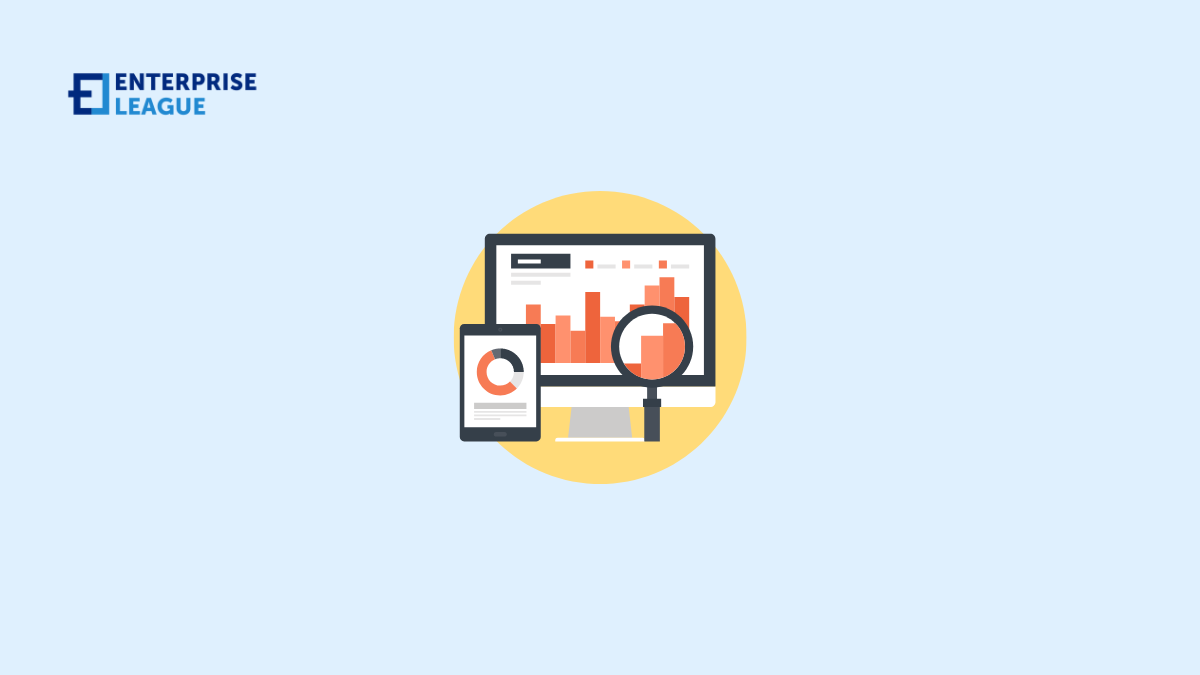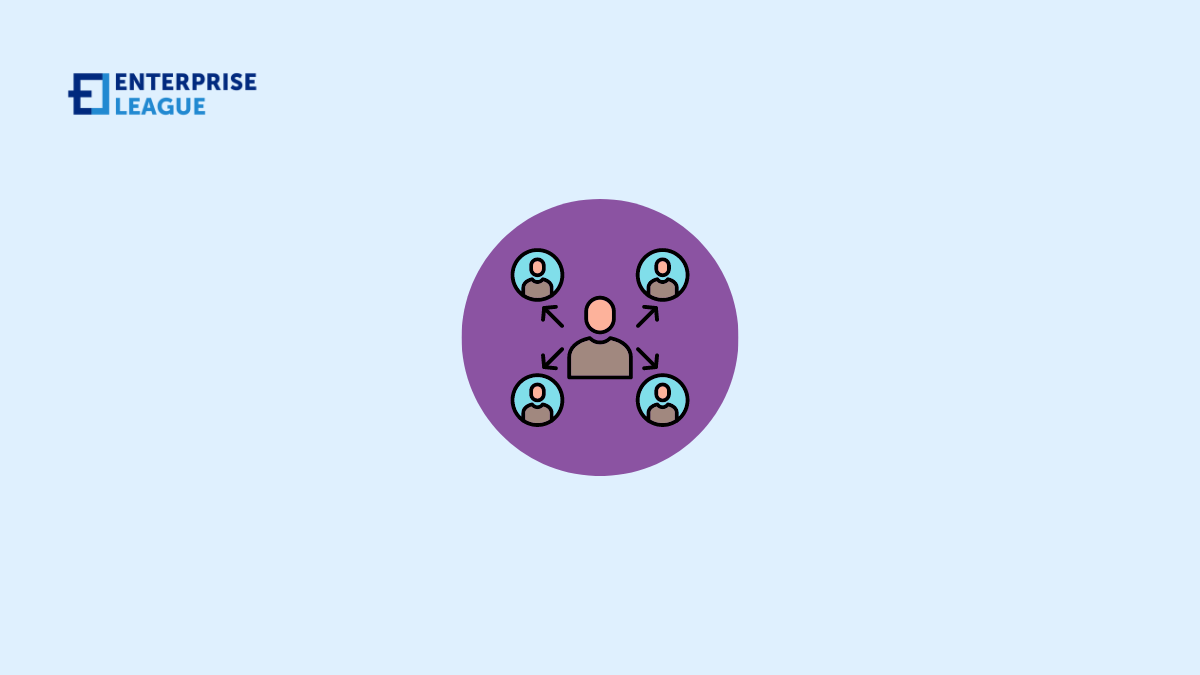A looming global recession coupled with ever-increasing competition means that becoming data-driven — even as a solopreneur or micro business owner — is more important than ever.
Using data to make business decisions can be the difference between professional burnout, stagnation, and growth.
But as a micro business, unlike enterprises, you have modest resources (time, money, personnel, and specialized expertise) that you wouldn’t inherently consider investing in sophisticated business intelligence tools. So, how do you shine a light on the metrics that matter to better drive your business forward?
The importance of data analytics to micro business success
Data analytics is the process of sourcing and scrutinizing raw data to uncover patterns and draw meaningful conclusions worth acting upon.
Even for the smallest of small businesses, data analytics offers a variety of benefits, such as:
- Understanding audience expectations and behavior
- Designing tailored marketing campaigns and lead nurture sequences
- Improving day-to-day operational efficiency with automation
- Identifying service offerings to experiment with and new market segments for expansion
- Building stronger client relationships and boosting loyalty
- Forecasting future trends for accurate business predictions
Put simply, micro businesses need data-backed insights to better understand client preferences, pinpoint growth opportunities, and optimize business practices. Driving strategic insights from data analytics is the best way to enable all of that.
How micro businesses can start leveraging data analytics
Here is how you can start leveraging data analytics to gain deeper insights into your audience and double down on things that work for your business.
Invest in a business intelligence platform
Hold your horses before you think, “Duh, we don’t have the budget for that.” It’s true that most business analytics solutions are aimed at larger companies. Either they aren’t particularly useful for small businesses or they’re too expensive, often both.
But, it’s a misconception that business intelligence (BI) solutions are only built and available for large companies that have a sizable budget.
For example, vcita — a comprehensive small business management platform designed for service-based solopreneurs and small teams — launched a module called “Reports” earlier this year. This new feature provides micro business owners with advanced data analytics insights into five key aspects of their ops: payments, bookings, clients, marketing, and staff.
Each report is dynamically generated and presented on a dashboard with colorful tables and graphs, so you get a full view of your historical and current business performance in real-time. You can also generate custom reports to analyze things like:
- The most popular payment methods
- The most valuable service bundles and their revenue streams
- The most loyal clients and interaction trends
- Conversion rates from different marketing campaigns
The visualizations available via vcita’s Reports are powered by Google’s enterprise-grade Looker BI platform, but they require zero setup or maintenance to work with, as vcita feeds your data to Looker automatically, all within your vcita dashboard. This is just one good example of how you can find robust data analytics and BI capabilities inside affordable tools made for small businesses.
Use free analytics tools for your website and social media
Who says you have to pay anything to leverage data analytics to learn about your clients and marketing performance?
Start with assets you already have: your business website and branded social media profiles.
For instance, with free tools like Google Analytics, you can analyze how people arrive at your website (search engines, social media, etc.), the pages and content they engage with the most, the device they’re visiting from (desktop, mobile, etc.), the time they spend on each page, and a lot more.
To dive deeper into how visitors navigate your site and the buttons they click, you can also use a website heatmap and session recording tool like Hotjar (which has a free plan). Data-backed insights from these web analytics tools allow you to better plan your website’s content and navigation — and better position your service offerings — thus helping turn more visitors into leads.
Furthermore, your social media marketing efforts can provide you with an abundance of useful data to act upon. All major social platforms, including Facebook, Instagram, LinkedIn, and Twitter, have built-in analytics that’ll help you understand which content topics and formats attract the most views and engagement (likes, comments, etc.).
You can also sign up for a free trial of social media analytics tools like Sociality.io and Brandwatch that let you examine your competitors’ social strategies, monitor your company’s mentions, schedule posts, find potential collaboration opportunities, analyze trends and audience sentiments, and more.
You might find additional data insights available through other communication platforms that you already work with. For example, if you use a VOIP business phone system like Nextiva, then call analytics likewise come built-in.
Hire a data analytics partner to work with
While these companies are typically suited to enterprise businesses with bigger pockets, if your 1-to-10-person business is doing increasingly well in terms of profitability, then reinvesting those gains into a data analytics partner can set you up for even further growth down the years.
Working with an analytics consultant on a short-term engagement can cost around a couple of grand, but within a matter of weeks they’ll provide you with vital intel on things like:
- Target client personas: Demographics (age, income, etc.) and psychographics (interests, personality, values, opinions, preferences, and lifestyle).
- Advertising strategies: The online (and/or offline) marketing channels and tactics you should focus your budget on, and how.
- Client experience optimization: Opportunities to improve your clients’ experience with your business, concerning areas like website, communications, service bundles, lead nurturing sequences, payment methods, etc.
Conclusion
Strategizing your business activities (such as marketing, billing, etc.) based on guesswork can ultimately put a cap on your brand’s growth.
Data analytics helps you gain insights into your clients, marketing campaigns, and revenue streams, enabling you to confidently plan your short- and long-term business moves. And today, you don’t need to be an expert in data science to leverage real-time business analytics.
By using the right data analytics tools mentioned above, you can level the playing field as a micro business owner and make well-informed decisions that drive faster growth.
More must-read stories from Enterprise League:
- The best apps for entrepreneurs that will help you achieve your goals.
- Getting your product in stores doesn’t have to be complicated.
- Pros and cons of social media for business you should be aware of.
- How to handle a situation where employees are not getting along.
- Learn how to deal with rude customers in a creative way.
Related Articles
SEO writing: Five foolproof tips to secure you the first page
When it comes to SEO writing it’s more guessing and less evidence about what works and what doesn’t. Luckily, we know what can really help you reach the first page.
How to onboard a new employee: Tips for quick integration
Your guide to smoother employee onboarding where you will find practical strategies that help new hires feel welcome and become productive team members faster.
6 tips on how to delegate work so it actually gets done
Delegation doesn’t have to be difficult, that’s why we are sharing some proven tips to delegate work effectively and get better results from your team.
SEO writing: Five foolproof tips to secure you the first page
When it comes to SEO writing it’s more guessing and less evidence about what works and what doesn’t. Luckily, we know what can really help you reach the first page.
How to onboard a new employee: Tips for quick integration
Your guide to smoother employee onboarding where you will find practical strategies that help new hires feel welcome and become productive team members faster.






